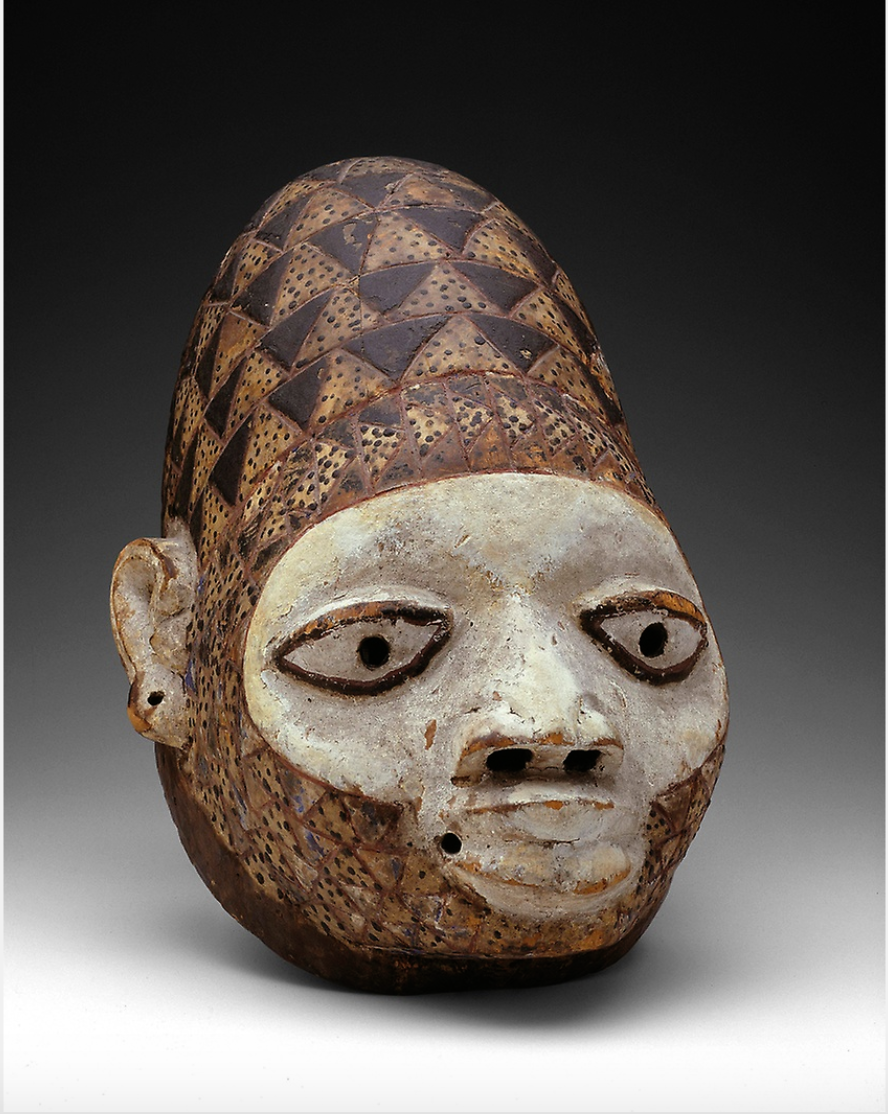This month, Tisch Drama’s Theatre Studies program will present an array of readings, panels, and special events highlighting the department’s rich academic curriculum, as part of the TISCH DRAMA STAGE All Department Festival.
Events will be held April 7 and 14 in the Abe Burrows Theater at Tisch School of the Arts, located at 721 Broadway.
"We're thrilled to present Theatre Studies programing in this year's All Department Festival,” Tisch Drama Chair Rubén Polendo said. “The investigation, interrogation, and innovation that takes place in Tisch Drama's studios and classrooms is fueled by a dynamic Theatre Studies curriculum. That essential combination of creative range and academic foundation is evident in this year's new lineup of presentations and panel discussions.”
Events will kick off April 7 at 3:30 p.m. with “Essays on the Theme of Shakespeare,” in which students Kristina Melsheimer, Brock Looser, and Diana Risse from Associate Professor Laura Levine’s fall 2018 Honors Seminar, “Shakespeare and His Inter-texts,” will present papers on The Tempest. Tisch Drama alum Lachlan Brooks ‘17, along with current students Shannon Barnes, Kelsey Bentz, and Micahel Cooper Eichenhorn from Levine’s “Shakespeare and the Constructions of Desire” class, will serve as official respondents to the papers.
“It’s very exciting to be a respondent for these papers,” Brooks said. “The diversity of topics—or takes on a topic—will make it an incredibly absorbing event.”
Following, at 5:30 p.m., students including Samantha Carberry, Lizzy Walther, Arian Rad, Piper Kristina Lewis, Daniel Holzman, and Jack Siebert, will read from their manuscripts in progress as part of “Stories and Memoirs from ‘Curating a Life.’”
“The poet Rilke once advised young writers, ‘Find out the reason that commands you to write,’” Levine said. “‘You ‘have your childhood, that jewel beyond all price.’ These students have written stories I love from that particular treasure house.”
On April 14, the program will host two panels as part of a symposium—one on “Digital Performances, Digital Plays(paces)” at 11 a.m., which explores intersections of technology in productions, and another examining “Asian Performance on the Move” at 2 p.m.
In the first panel, Assistant Arts Professor Erin Mee said honors students will present research on an emerging genre.
“In the 21st century, we have seen the invention of smartphones, apps, social media platforms, and online worlds, all of which are now being used to create and disseminate theatre,” she said. “Enough digital performances now exist that we can look at them as a genre and ask, ‘How does digital performance invite us to rethink what theatre is, how it functions, and where it takes place? How have digital performances introduced new dramaturgical structures, new ways of seeing, new modes of engagement, and new creative processes?’”
Students will examine topics from Instagram popups to digital technology applications and the use of anthropomorphic robots onstage. Presenters include Hunter Dunn, Mia Jabara, Matthew Robert Lee, Kendall Bowden, Valerie Jane Kwok, and Cati Kalinoski—who will also present sections of her honors thesis, under Mee’s supervision. The panel will be moderated by Lucas Castro and special guest “Robert” (a robot!) with Hunter Dunn as discussant.
Following, “Asian Performance on the Move” will explore the extraordinary range of performance practices, actor training methods, dramaturgical structures, modes of spectatorship, and performance theories embodied in the performing arts of India, Japan, Cambodia, and the Philippines.
“In these papers, the students have paid special attention to negotiations of gender, authenticity, ‘national’ culture, and the impact of colonialism,” Mee noted.
Students presenting at this panel include Noah Borromeo, Elsa Lepecki Bean, Zhen Yu, and Karishma Paresh Bhagani—who will also present sections of her honors thesis, under Mee’s supervision. The panel will be moderated by Zahra Budhwani, with Tsui C. Wang as discussant.
Gwendolyn Alker, director of Theatre Studies, explained how these events—demonstrating students’ academic foundation—are vital to the work onstage, presented throughout the festival.
“We like to think of production as the heart of the Drama Department, and the various studios as the organs of this body,” she said. “Theatre Studies, then, must be seen as the spine: it’s what links us all through the curriculum. Our Theatre Studies classes give us an intellectual backbone as we integrate our training, and the ability to stand tall as we go into this world as thinking artists and global citizens.”
